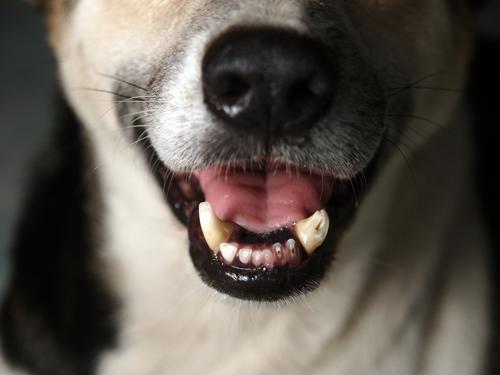A playful nip from your pet is one thing, but when animals really sink their teeth into your skin, you need to care for the wound to prevent infection and other serious complications. Dealing with an animal bite sooner rather than later is the key to avoiding potential problems.
Here’s your quick guide to understanding animal bite treatment:
 As much as we love our pets, sometimes they’re the cause of animal bite wounds.
As much as we love our pets, sometimes they’re the cause of animal bite wounds.Consider the type of animal bite
According to the American Society for Surgery of the Hand, dogs are the most common cause of animal bites. However, cats, rodents, rabbits, ferrets, farm animals, monkeys and reptiles have also been known to chomp down.
The severity of the wound will depend on the bite location and type of animal. Your doctor’s biggest worry about an animal bite is an infection due to bacteria from the animal’s mouth. Bites from wild animals can also be cause for increased concern.
Practice basic first aid
If you experience an animal bite, your first move should be to stop the bleeding by applying direct pressure to the affected area. From there, the Mayo Clinic advised washing the wound with soap and water. Once clean, apply an antibiotic cream and cover the wound with a sterile bandage.
Seek medical advice
Never hesitate to get medical help if you’re unsure of your animal bite’s severity. The Mayo Clinic highlighted other reasons to seek medical attention, including:
- The wound will not stop bleeding.
- The bite looks infected (swelling, redness, oozing).
- The bite was caused by a stray or wild animal.
- You’re unsure of the animal’s vaccination status.
- You haven’t had a tetanus shot in the past 10 years.
Your health care provider will examine the wound and may numb the area to look for deeper damage. Family Doctor noted that doctors often clean animal bites with a special solution and trim away any damaged tissue. They may also use stitches to close some animal bites and promote faster healing. If the wound shows signs of infection, they will likely take a culture swab to identify an appropriate antibiotic to combat the bacteria. If you haven’t had one in recent years, you’ll also receive a tetanus shot or booster. While rabies is rare, there are special medications and treatment methods for those cases.
Once you leave the doctor’s office, continue cleaning and dressing the wound until it heals. Talk to your doctor about iPak by Innovative Outcomes to get your prescribed wound care supplies delivered straight to your front door. With video tutorials and single-dose packaging, iPak makes it easy to practice proper wound care at home.





